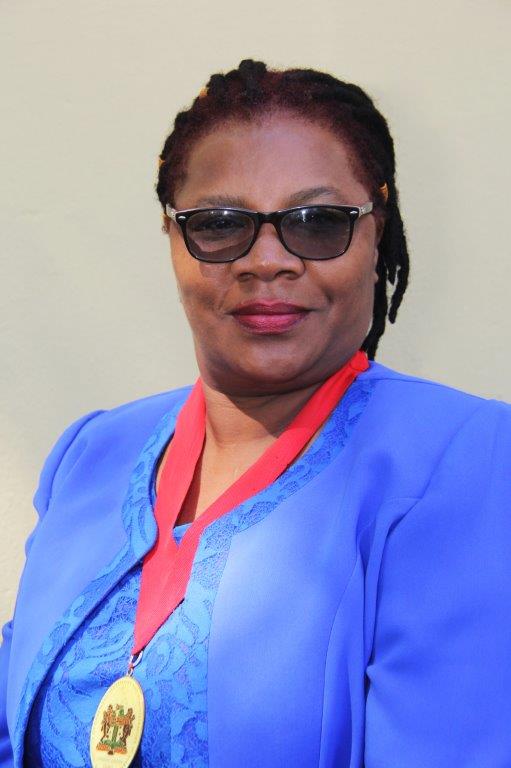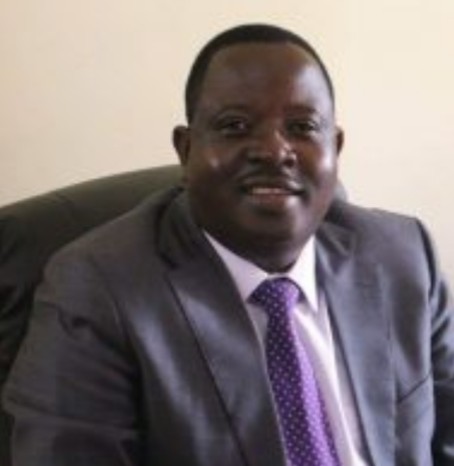A record number of students graduated as chartered secretaries on Saturday (June 8) at an historic graduation ceremony at which the first students from a joint Great Zimbabwe University and Institute of Chartered Secretaries in Zimbabwe programme graduated alongside other ICSAZ students.
There were 293 graduates who completed their final ICSAZ examinations last year, three graduates from 2017 and 32 graduates from the joint Great Zimbabwe University Master of Commerce/Graduate ICSA programme.
There were also seven students awarded the new Diploma in Forensic Accounting and four Institute of Business and Accounting Studies students presented with diplomas.
Addressing the students ICSAZ president Letitia Gaga urged them to use their unique talents and energy to make a positive impact on their community, adding that she meant community in the broadest terms.
“This could be your family, workplace, neighbourhood, place of worship or simply a stranger you meet in the city during the course of your day,” she said.
“I challenge you to use your talents and energy, developed and polished by your qualification, to make a positive impact on your community,” she said.
She went on to urge them to give generously of their time, expertise, financial means, insight, experience and advice to others, and to give a helping hand to a person in need.
“Always be found on the side of selflessness. Never be found on the side of selfishness,” she said.
The guest of honour, Mr Richard Summers, a past ICSAZ president, told the graduates that, with their new qualification, they had the tools to evaluate opportunities, make decisions and communicate with the wide range of stakeholders necessary for business effectiveness and success.
He said many of them were destined to end up in leadership positions in the private or public sector but pointed out they would initially be sharpening their skills during a particularly challenging period.
“Our recent financial problems in Zimbabwe have increased awareness in the general population of the importance of business success combined with integrity for the welfare of citizens and the stability of the state.
“They have also reminded us of the impact of good or bad organisational governance on the quality of life of families, communities and the country at large,” he said.
He said it could be argued that many of the current fiscal, economic and business challenges were born out of poor business decisions and/or inadequate responses by people in leadership positions to changes that took place over time in the structures of the country’s economy.
He urged the graduates to work hard to develop the skills, attributes and experience needed to secure senior positions. He warned that career progression was generally accompanied by increasing responsibility and accountability.
“In the majority of cases, responsibility for the continued survival of organisations in a very competitive world and for the job security of the many people who rely on such organisations to sustain their livelihoods can be simultaneously invigorating and truly stressful,” he said.
“In a plethora of business situations a balance has to be struck between creativity and morality, for example when strategies are considered to maximise returns that may have long-term destructive consequences for the environment or for society.
“Over a professional career difficult choices are likely to be made highlighting conflicts between self-interest and personal sacrifice for the greater good or between self-interest and a professional responsibility to prioritise the public interest.
“One thing that we can say with certainty is that there is a great need for strong and responsible leaders in Zimbabwe, in Africa and in global economies,” he said.
He said strong leadership requires ability, courage, resilience and support from those around one.
“You must build on the positive legacies, particularly in the light of what we have all learned from the negative ones.
“Business and professional leaders who stand out over time as positive role models are those who understand that their talents and responsibilities and privileges can and should be used to make this a better world.
“I urge you to be proactive in ensuring that your voice is heard, even when you are in a minority, and to continue to think critically as you develop your careers and your place of influence in the organisations to which you will devote your efforts and talents over the coming years.
“Be open to new thinking, accept constructive criticism and acknowledge the reality that learning continues beyond formal qualification,” he said.
The President’s Floating Trophy for the top student from throughout Zimbabwe was presented to Effort Sam Chirau. Second overall was Last Manyakara. Phanuel Kenas Zimunya came third.






